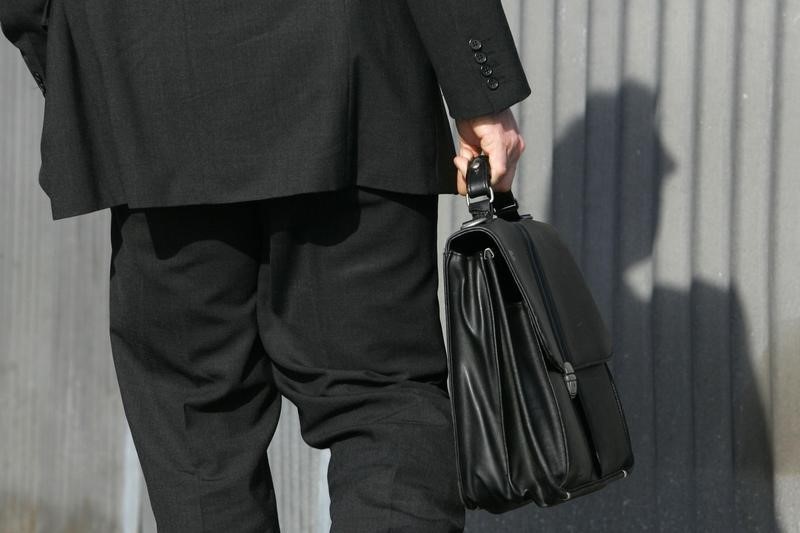LONDON (Reuters) - The pace of growth in British workers' pay slowed in January, hit by fewer bonus payments, while the percentage of people in work rose to an all-time high, official data showed on Wednesday.
The data was published shortly before Chancellor George Osborne announces his last budget before May 7's national election in a speech which is likely to focus on Britain's economic recovery including surging job creation.
The Office for National Statistics also said Britain's unemployment rate was stable at 5.7 percent, matching its lowest level in almost seven years but above a forecast for another fall to 5.6 percent from economists in a Reuters poll.
Total average weekly earnings, including bonuses, rose 1.1 percent in the month of January compared with the same month a year earlier, slowing from 2.4 percent growth in December.
The ONS said there were signs that companies paid fewer bonuses in January than in December.
Excluding bonuses, pay rose by an annual 1.6 percent in the month of January, unchanged from December.
Inflation, as measured by the consumer price index, stood at 0.3 percent in January, pushed down by plunging oil prices.
Osborne has said the long-awaited pick-up in earnings seen in recent months is a sign that his economic plan is working as he and Prime Minister David Cameron try to win a second term in May.
But the opposition Labour Party says the recovery is too little, too late for many workers who have still to get back to their level of earnings before the last election in 2010, when inflation is taken into account.
The Bank of England is also keeping a close eye on wages as it considers when to start raising interest rates from their record low of 0.5 percent.
The BoE predicts wage growth will speed up sharply to reach 3.5 percent by the end of this year.
The ONS said pay, including bonuses, rose 1.8 percent in the three months to January, slower than growth of 2.1 percent in the three months to December.
Excluding bonuses, pay rose 1.6 percent in the November-January period, slightly slower than a month earlier.
Economists taking part in a Reuters poll had forecast total earnings to rise by 2.2 percent and earnings excluding bonuses to increase by 1.8 percent in the three-month period.
The ONS also said the number of people in employment rose by 143,000 to 30.939 million in the three months through January.
It said the employment rate of 73.3 percent was an all-time high.
The number of unemployed people fell by 102,000 to 1.856 million.

The number of people claiming unemployment benefit in February fell by 31,000, compared with economists forecasts of a fall of 30,000.